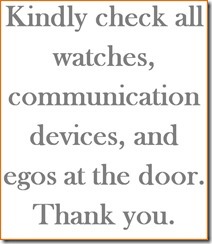August 3, 2014
© 2014 by Paul Britner
Poem: The Invitation by Oriah Mountain Dreamer
I’ve got good news! There is a place of faith where people can believe what their conscience calls them to believe, a place of hope that accepts both the responsibilities and possibilities of humankind, and a place of love, where all people are accepted for who they are and who they were created to be. That place is our Unitarian Universalist movement, which nurtures my spirit and, to borrow a phrase from our poem, sustains me on the inside when all else falls away.
Yet, I’m uncomfortable standing on a street corner and shouting out this good news to all who might hear it, including some who might desperately need it. We’ve all seen people with those sandwich sign boards walking up and down the street that read “Repent or go to hell.†I guess they’re trying to scare people into their pews. If I were so inclined I would walk up and down a busy street with one of those sandwich sign boards with our Universalist message on side, “Don’t worry—you’re going to heaven!†and our Unitarian message on the other: “You’re OK—God doesn’t make junk!†Of course, if people saw that, they might think, “Wow, a church that says I don’t need to go church!†Well, that’s true. You don’t need to go to church to be a good person.
The truth is, though we lack the leverage that fear mongers have, we have much more to offer: the affirmation of inherent worth and dignity, the responsible search for truth and meaning, and the encouragement to spiritual growth, to name three. Generally speaking, though, we are not the kind of people who would tap a stranger on the shoulder and say, “Let me tell you my good news.â€
I wonder, though, if in our enthusiasm for reticence, we sometimes go too far. We choose to err on the side of privacy and leaving people alone. I believe we are so afraid that someone might be offended by our even talking about our faith that we say nothing, and we deny our good news to people who want what we have and don’t even know we exist.

